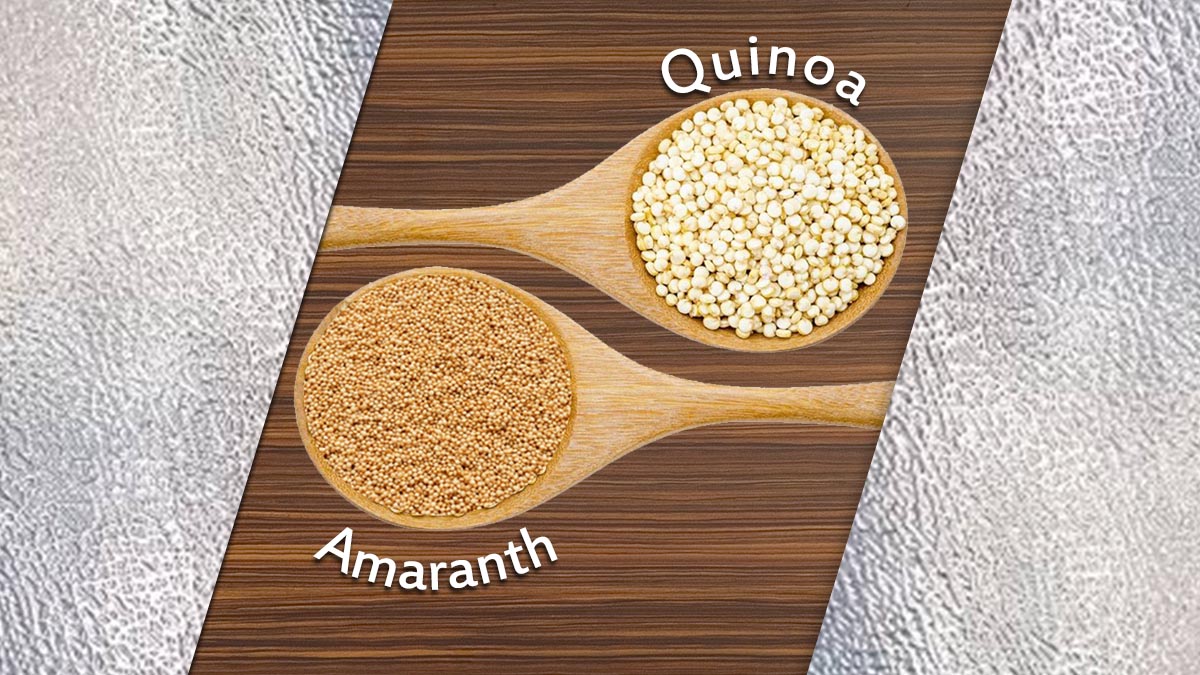
Quinoa is treated as the new savor in the world of food market.It has become a hero whether in case of watching weight or diabetes. However it is important to know what product are you accumulating in your lifestyle and are there any traditional counterparts for them??
Quinoa is a pseudo cereal. It is a powerhouse of number of nutrients like protein, calcium, phosphorous, potassium, magnesium. It is also a good source of oleic fatty acids. It contains heart friendly mono saturated fatty acids- alpha linoleic acids. Moreover it is gluten free. It also has low glycaemic index which proves beneficial for blood sugars. Its antioxidant properties helps fighting against aging & many diseases. It is also a source of flavanoids like quercetin, kaempferol which are antiviral, anticancer & also anti depressant.
Although it is highly nutritious we might also look at the traditional counterparts.
Amaranth or rajgeera resembles to quinoa in many ways. It is again gluten free, significantly reduces cholesterol levels, great source of protein and all essential amino acids, powerhouse of minerals like calcium, magnesium, potassium, phosphorous etc along with vitamins like A, C, E, K, B5, B6, folate, niacin & riboflavin. The phytonutrients helps in controlling hypertension and diabetes.
The antioxidants helps in controlling the hormones.
However there are certain areas where amaranth proves to be better than quinoa:
- Lysine protein is more in amaranth than in quinoa.
- Amaranth also succeeds quinoa in fiber content.
- Amaranth is high in iron and calcium content
- Amaranth is lighter on pocket as well.
So, start eating your rajgeera ladoos and porridges or pop them like popcorns and get the maximum benefits out of this super grain.
For booking, appointment call us today!!!
If you have further questions then please contact us on.
Ratika Vinchurkar is a Clinical and Lifestyle dietitian, currently practicing at RxDx. Experienced in treating nutritionally all kinds of degenerative and lifestyle disorders like Diabetes, Hypertension, Thyroid Disorders, Cardiovascular disorders, renal disorders and other chronic diseases; Her practical approach towards the lifestyle diet modification rather than just prescribing strict regimens endear her to her patients. She holds a master’s degree in Food and Nutrition and favors the theory of “you are what you eat”.




